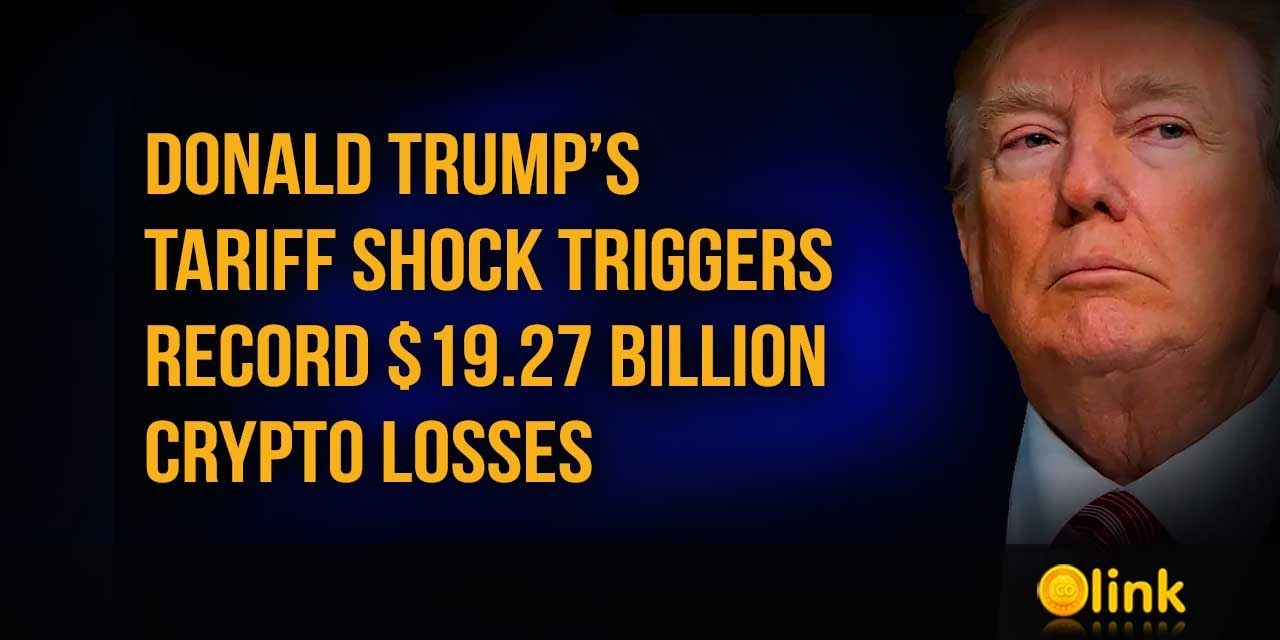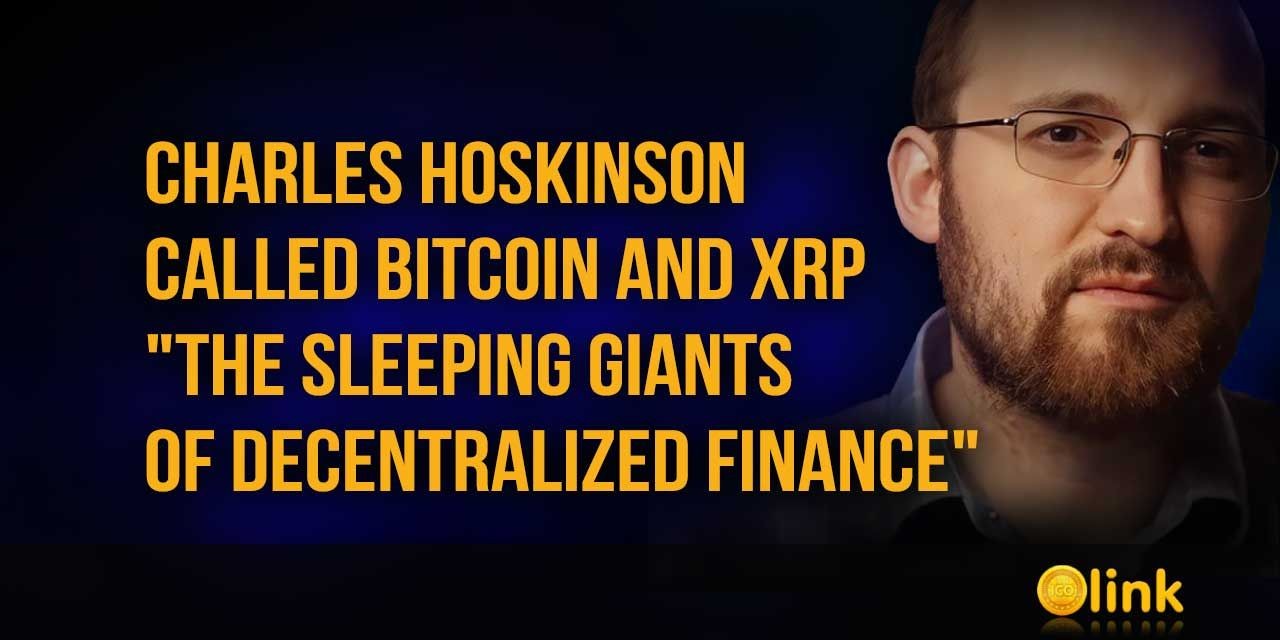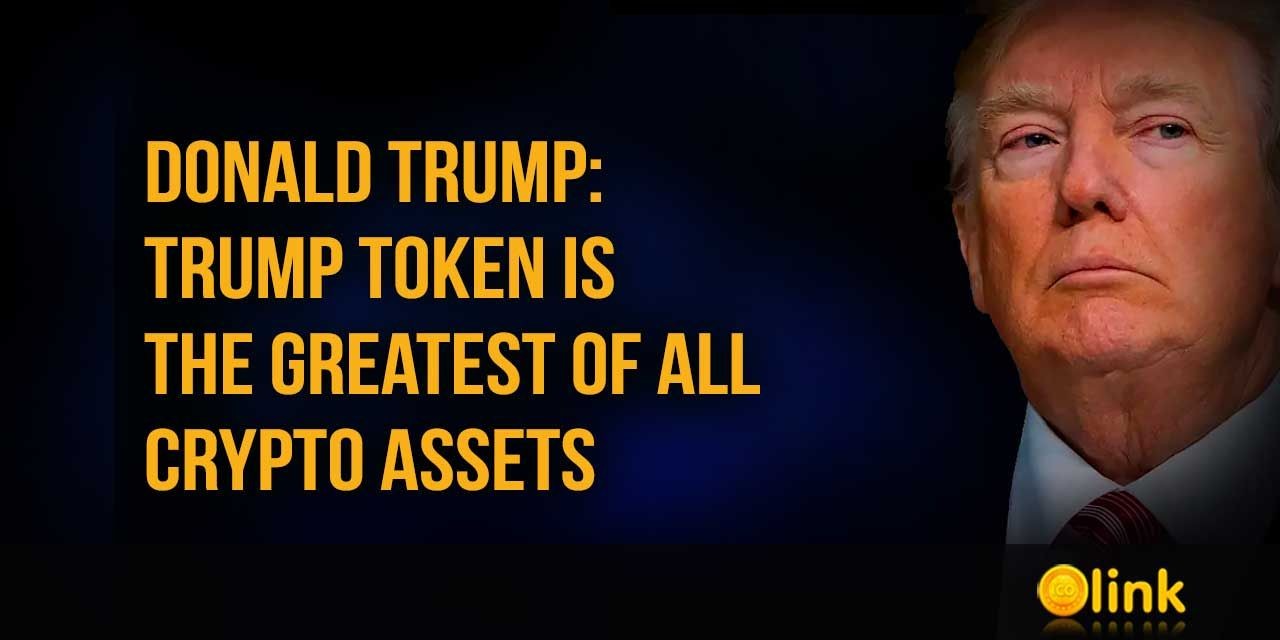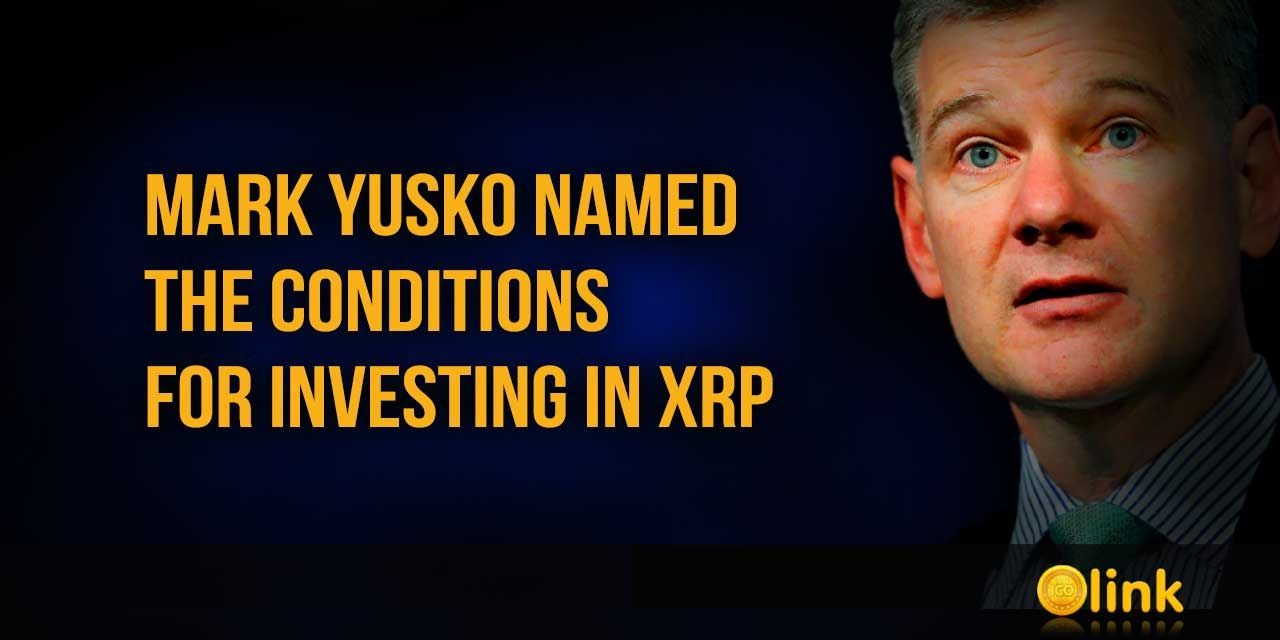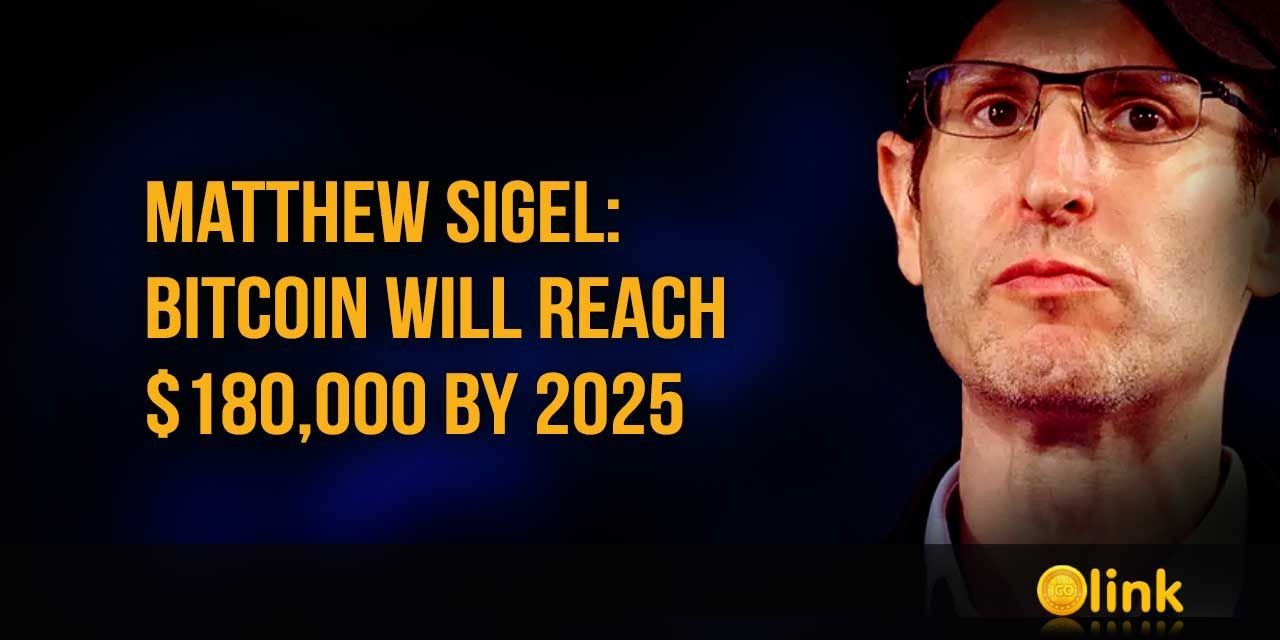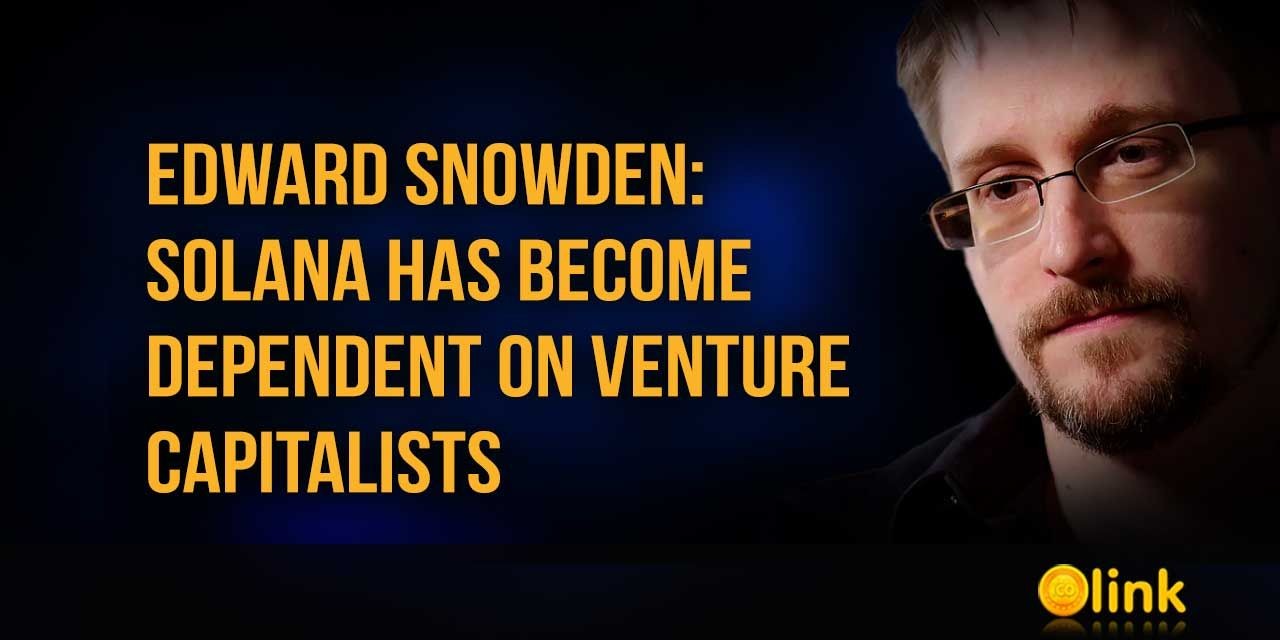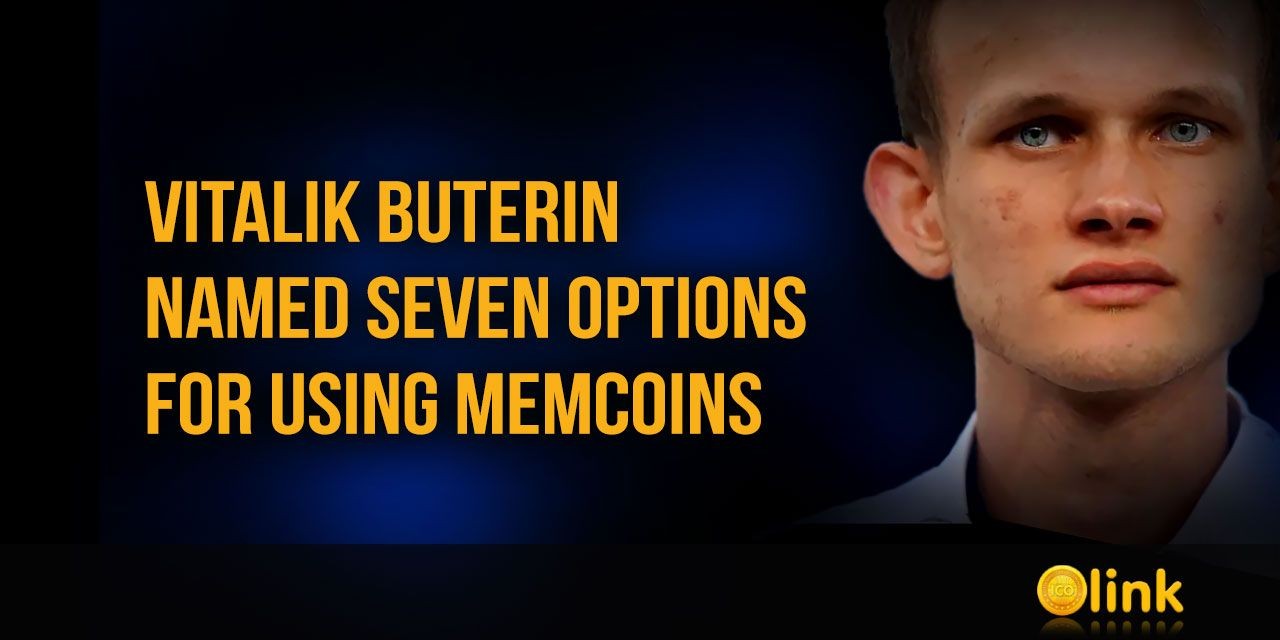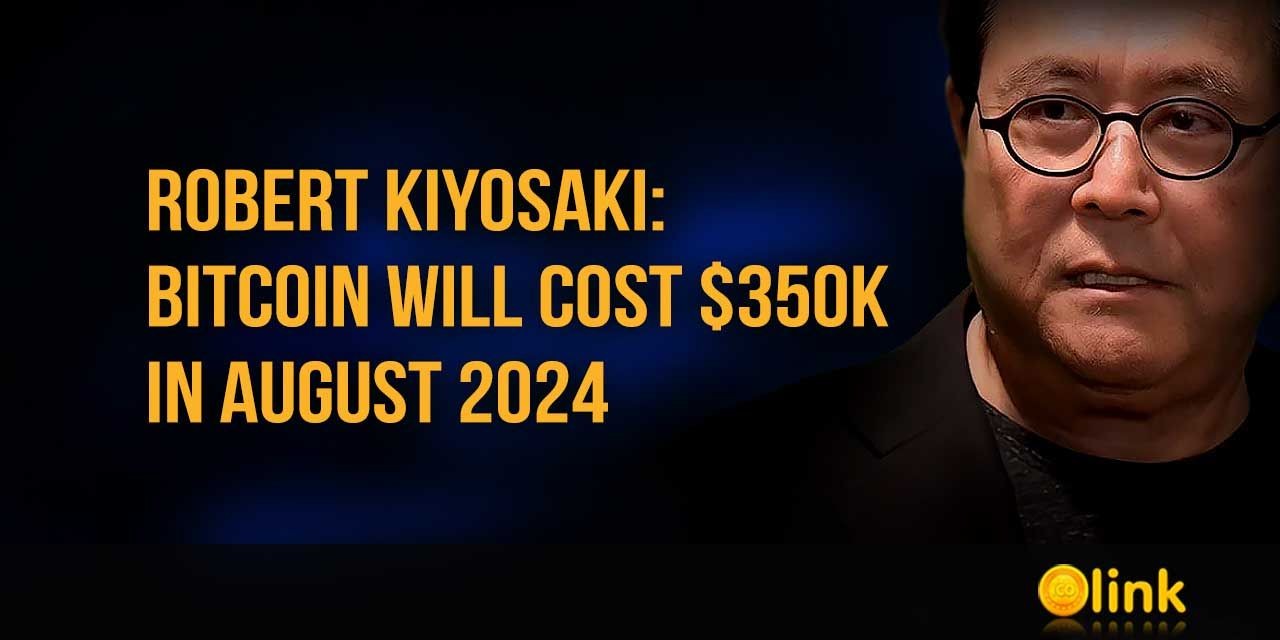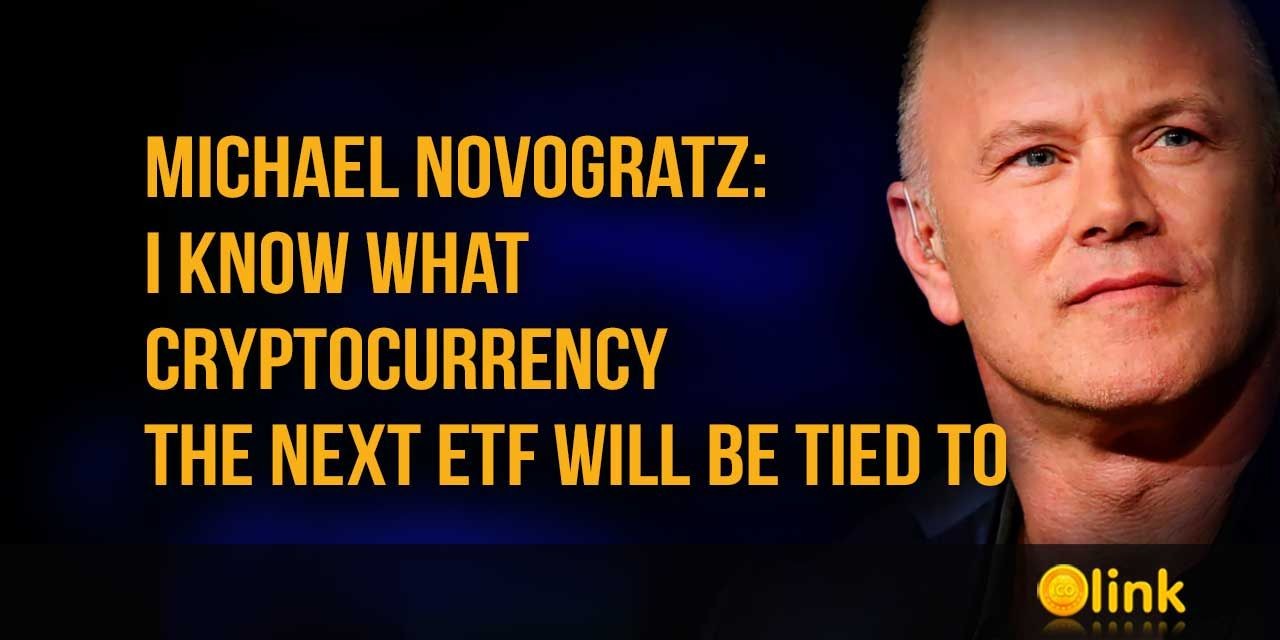solana
Here you will find all posts tagged solana
About solana ℹ️
Solana is a high-performance blockchain platform designed to support decentralized applications (dApps) and crypto projects at scale. Launched in 2020, Solana aims to address the scalability and performance limitations of existing blockchain networks by utilizing a unique combination of innovative technologies and protocols. At the core of Solana's architecture is a novel consensus mechanism called Proof of History (PoH), which timestamps transactions before they are added to the blockchain. This approach allows Solana to achieve high throughput and low latency, enabling fast and efficient transaction processing. Additionally, Solana employs a decentralized network of validators to secure the blockchain and validate transactions. Solana's scalability is further enhanced by its use of a multi-threaded processing model, which enables parallel transaction processing across multiple nodes in the network. This architecture enables Solana to handle thousands of transactions per second, making it one of the fastest and most scalable blockchain platforms in the industry. In addition to its scalability and performance features, Solana also offers developers a range of tools and resources to build and deploy decentralized applications. The platform supports smart contracts and dApps written in popular programming languages like Rust and C, and it provides developers with access to a growing ecosystem of developer tools, libraries, and frameworks. Solana has gained significant attention and adoption within the cryptocurrency and blockchain community due to its impressive performance, scalability, and developer-friendly features. Many projects and protocols have chosen to build on Solana due to its ability to support high-throughput applications and handle complex computational tasks. Overall, Solana represents a promising advancement in blockchain technology, offering a scalable and efficient platform for building decentralized applications and crypto projects. With its innovative architecture and growing ecosystem, Solana is well-positioned to play a key role in the future of decentralized finance (DeFi), non-fungible tokens (NFTs), and other blockchain-based applications and use cases.
